
Sugar, cane sugar, that is, or what is often known as table sugar – has been getting a bad rap these past few decades. Sugar has been blamed for many ills of modern civilization: high blood pressure, heart disease, inflammation, weight gain, diabetes, and fatty liver diseases, among others. All these are in turn linked to an increased risk of a heart attack and brain stroke.
Add to these the long list of lesser-known connections to sugar which includes hypoglycemia, depression, acne, headaches, and hyperactivity.
In the USA, sugar addiction has become a rising concern in medical circles.
AddictionCenter.com compares the psychoactive properties of sugar to those of cocaine. Sugar intake triggers vast surges of dopamine, a feel-good hormone associated with cocaine, heroin, alcohol, and other substances of abuse
With all these red flags being raised in connection with sugar, little wonder that sugar substitutes have, in recent years. been enjoying a thriving market.
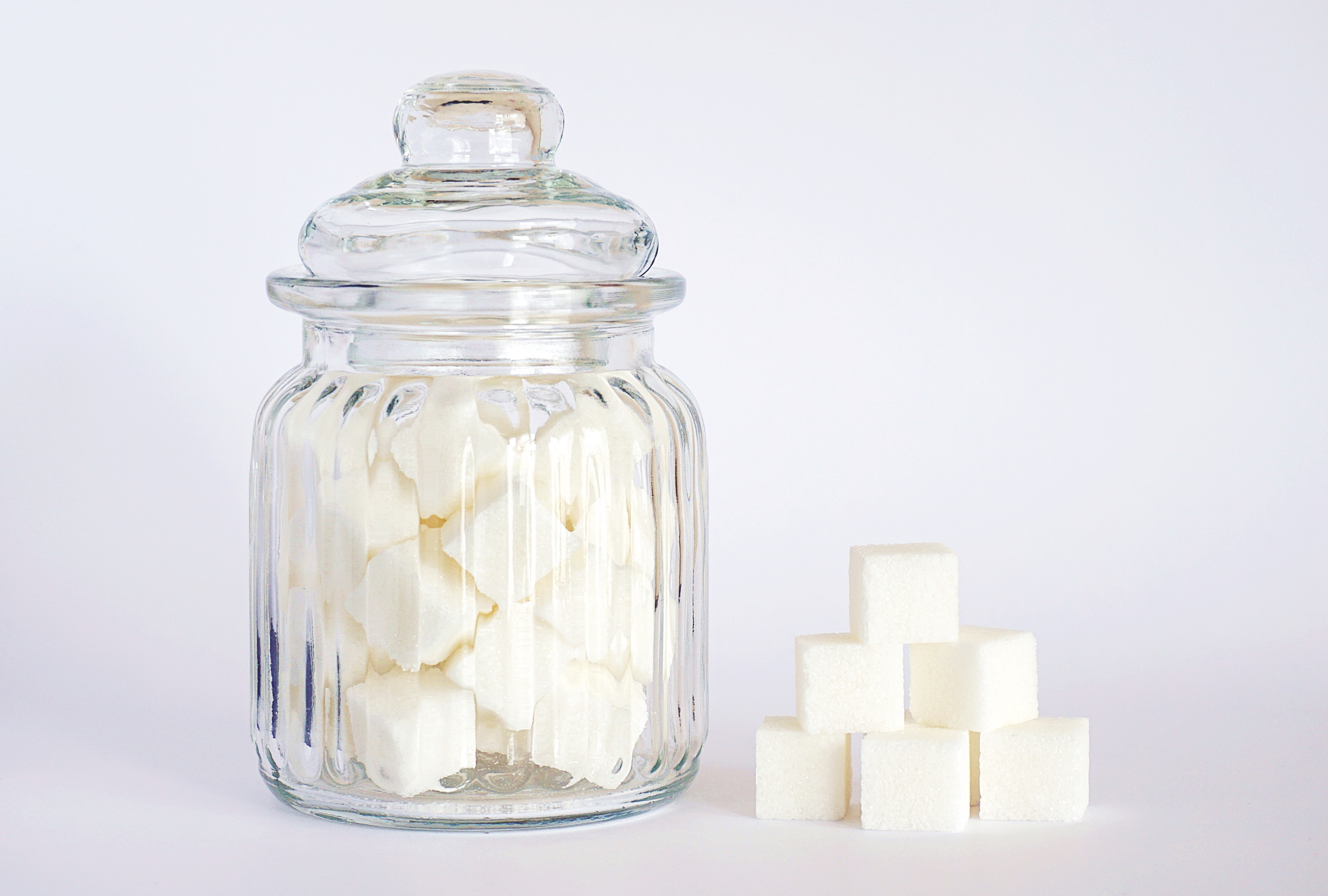
What are sugar substitutes?
Sugar substitutes are substances that taste sweet but are sugar-free. (Source: Hopkinsmedicine.org). Compared with sugar, they have fewer calories, with some boasting zero calories. Foods labeled “sugar-free,” “keto,” “low carb” or “diet”often contain sugar substitutes.
Faced with a long and often confusing menu of sweet alternatives, you, the health-conscious consumer will be hard-pressed to pick one that works best for you and your lifestyle.
Nutrition experts offer guidelines that may help you compare the numerous options and lead you to a sound and informed choice.
- Go for natural.
“Natural” refers to sugar inherently present in fruits and vegetables. Loaded with vitamins, minerals and other nutrients, and packed with fiber, plant-based sugar is hands down the healthiest option.
Blueberries, strawberries, blackberries and raspberries are among the best to consume if you are craving sugar. Being low-glycemic, they provide sweetness without spiking blood sugar, says Dr. Dana Elia, RDN, a doctor of clinical nutrition and owner of Fusion Integrative Health and Wellness based in Lancaster, Pennsylvania, USA. (everydayhealth.com)
Try adding banana, mango or grapes to breakfast cereal. Or blueberries and kiwi to yogurt. Or an infusion of lemon, apple or cucumber to drinking water.
Cnet.com identifies six natural sweeteners that can curb sugar cravings while providing health benefits:
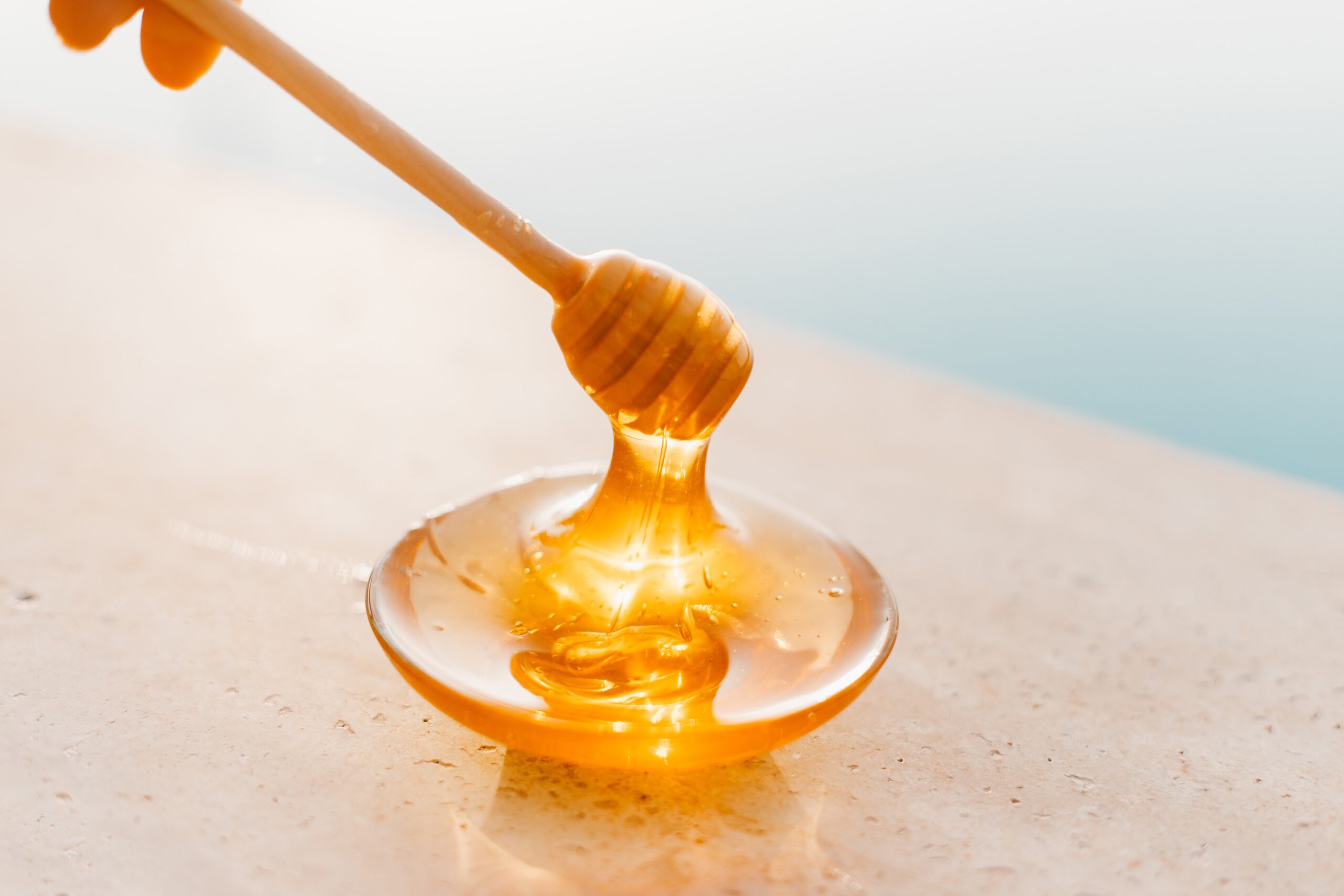
Maple syrup – Like honey, maple syrup is rich with antioxidants and minerals. Compounds found in it have been known to combat cancer and diabetes.
Stevia – Made from the stevia plant, it is 200 to 400 times sweeter than table sugar and contains minimal calories.
Pureed fruits like apple sauce and pureed berries – Fruit purees contains dietary fibers that aid digestion and slow down sugar metabolism, thus reducing blood sugar spikes.
Monk fruit sugar – This is extracted from the monk fruit and is around 100 times sweeter than table sugar. Although the fruit itself contains fructose and glucose, these are actually removed in the extraction process. Like stevia, monk-fruit derived sweeteners are almost calorie-free.
- Go easy on artificial sweeteners.
In other words, when using any of these substitutes, proceed with caution.
Artificial sweeteners are synthetic non-calorie sweteners characterized by intense sweetening flavors. Manufacturers of soft drinks, snack foods, sugar free candies and dairy products use them to flavor their products.
The United States Food and Drug Administration has approved the following sugar substitutes for public consumption: aspartame (Nutrasweet, Equal}, acesulfame potassium (Sweet One, Sunett) Advantame Neotame (Newtame), Saccharin (Sweet and low) Sucralose (Splenda).
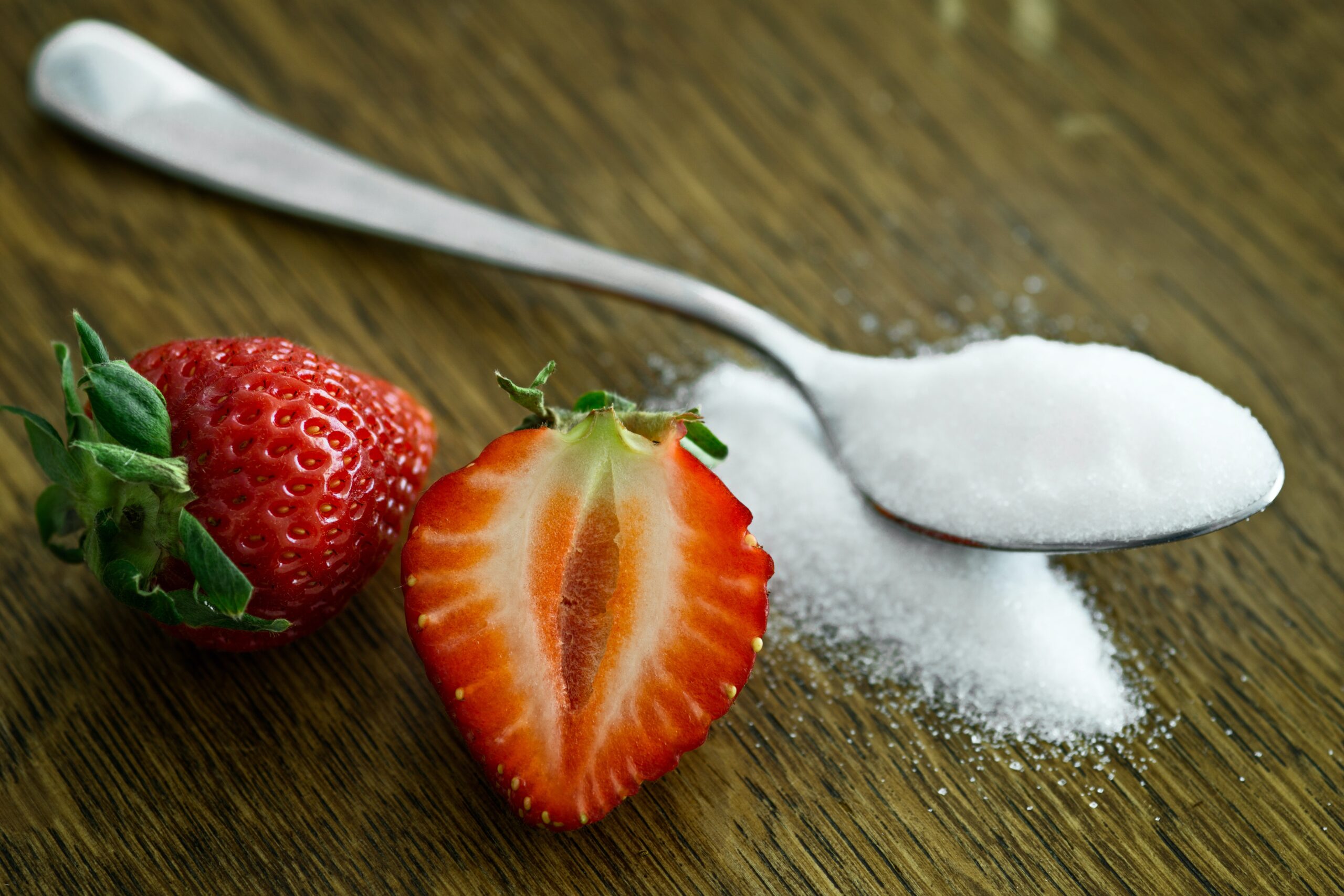
Additionally, the FDA has allowed the commercial use of sugar alcohols like sorbitol and xylitol.
In general, artificial sweeteners are safe in limited amounts for healthy people, but should be controlled or completely cut out for those with health problems like phenylketonuria (a rare genetic disease) and bowel disorders. Dietary guidelines for Americans forbid feeding these sweetners to children below 2 years old.
diarrhea.
- Understand natural sugar vs added sugar.
Not all sugar is created equal. Foods with natural sugar provide nutrients that promote body health, provide energy, and stabilize metabolism. Added sugars, on the other hand, are harmful in large quantities.
Typically processed quickly, added sugar causes glucose level to drop immediately after intake. This is known as a sugar crash, which leaves one hungry, irritable, and usually craving another sweet treat. To avoid these ill effects, you should try to be well-informed about what you buy. Look for hidden sugars by carefully studying labels. Check the new nutrition fact label to see if added sugar is present in high or low quantities.
Inside retail stores, sugar is disguised under many names, including: corn syrup, dextrose, fructose, fruit juice concentrates, glucose, rice syrup, invert sugar, lactose, maltose, barley malt, cane crystals, honey, agave, molasses; evaporated cane juice, malt, nectars, and many more.
It is safest, generally speaking, to consume sugar substitutes (including those classified as natural) in moderation. They are safe, as long as used infrequently, for a short time, and in small amounts. Mayo Clinic warns that some of these sweet alternatives may cause side effects like bloating, gas and diarrhea.
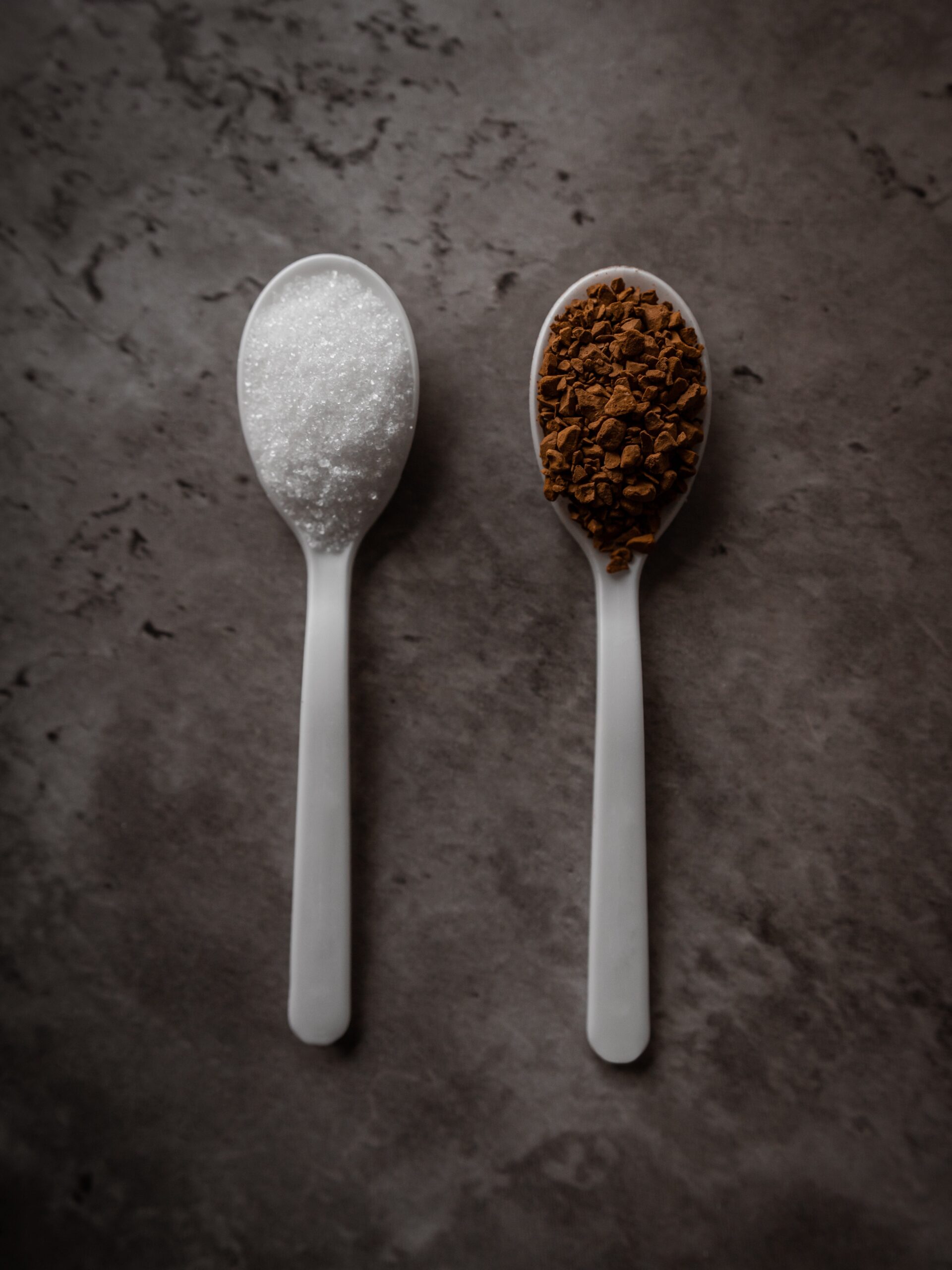
- Lastly, we are advised to avoid being blindsided by the potential benefits of sugar displacement and replacement.
While cutting down on our sugar is, indeed, one of the best dietary changes we can do to be healthier, it is not the end all – be all of our wellness goals.
Whatever sugar substitute you decide to use, and no matter what dietary plan you adopt, there is no replacement to nutritious whole foods.
Healthline.com advises against too many processed foods and high-calorie snacks. Better choices would be full-fat dairy products, eggs, seafood, pastured meats, whole grains, poultry, leafy greens, and healthy fats like avocado and fatty fish, nuts, and seeds.
According to trainerizeme.com, good nutrition emphasizes plant-based meals, fresh foods sourced locally, a wide variety of food choices, and not overeating.
By being vigilant, discerning, and knowledgeable, we improve our odds of being able to pick the best foods to eat, draw up suitable dietary plans, and develop sound eating habits. With all these in place, chances are we need not pay too high a price, for our sweet tooth, after all.
Tags


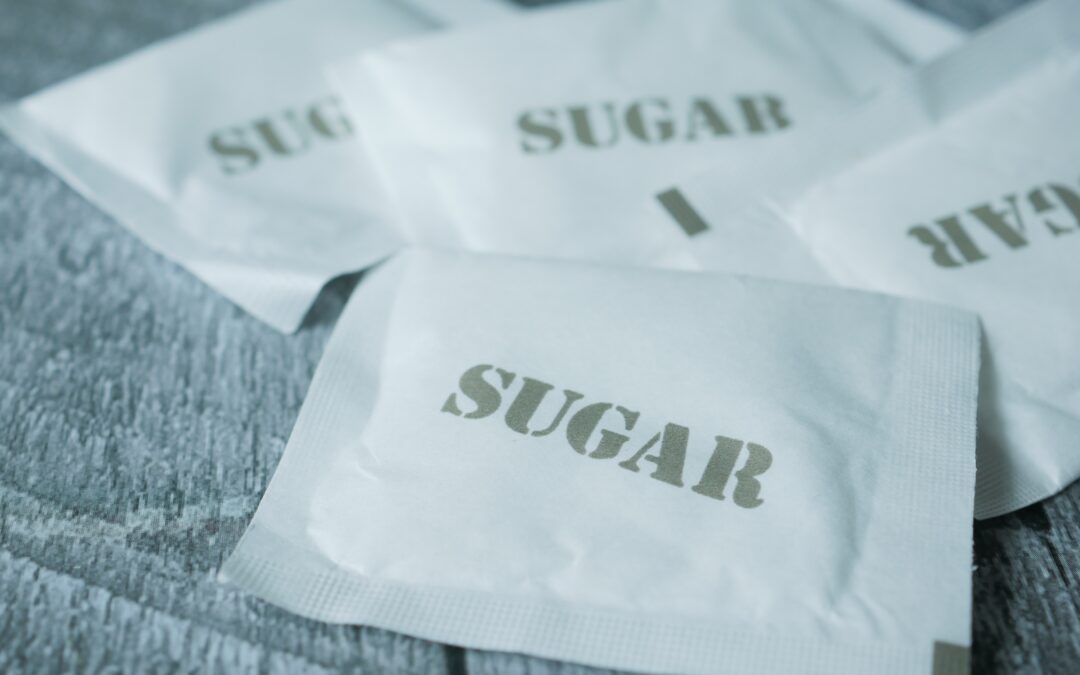
0 Comments